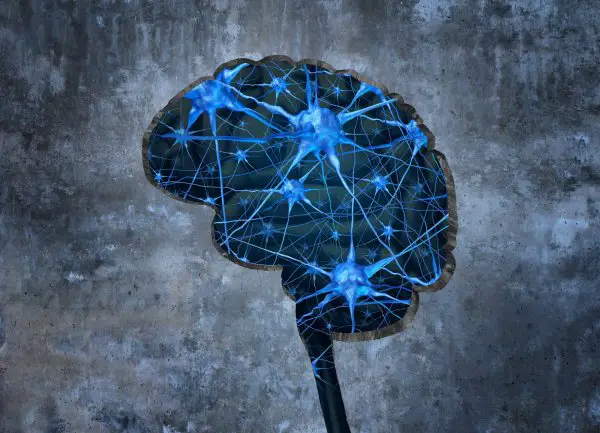3 Ways Your Brain Tricks You Into Sticking With Bad Habits

Bad habits are hard to shake. Once the behaviour is learnt and consistently performed, bad habits become automatic in nature and are repeated again and again and again. No matter how badly we want to develop good habits, our brain can gear us to sticking with the bad.
Your brain takes 10 weeks to form good habits
According to a study on habit formation by Lally et al (2009), it takes 10 weeks to form habits. So, if you want to stop smoking, learn a new language or go to the gym, you’ll need to put in the effort for over 2 months. Only then will it become part of your routine. If you’re not able to last the duration, the habit will be broken and you’ll be back to square one.
Your brain likes to perform automatic tasks; this is less strenuous and is more efficient. Therefore, if you want to form good habits, you’ll need to be determined, resilient and be ready to make consistent effort.
Your brain doesn’t know your future self
Your brain lives in the present. It sees your future self as another person and leaves it up to your future self to deal with the consequences of your actions. For example, you might stay up all night binge watching a series, even though you know that you have to give a presentation at work in the morning. On a conscious level, you understand that staying up late will leave you tired and could affect your presentation. However, on a subconscious level, your brain just wants to enjoy the series and doesn’t care about the presentation – that’s the other guy’s problem.
Your brain acknowledges success, which can trigger failure
As we now know, it takes around 10 weeks to form a good habit. Staying strong and making it through to the end can be really tough. If you are trying to quit smoking and manage to go one week without a cigarette, you might find yourself starting to slip up. This is because your brain recognises success and then wants to self-indulge as a reward. Once you slip up, your brain rationalises that you might as well keep on going down that path.
IMAGE CREDIT:lightwise / 123RF Stock Photo
THIS ARTICLE IS OFFERED UNDER CREATIVE COMMONS LICENSE. IT’S OKAY TO REPUBLISH IT ANYWHERE AS LONG AS ATTRIBUTION BIO IS INCLUDED AND ALL LINKS REMAIN INTACT.
I am Luke Miller, content manager at Truth Theory and creator of Potential For Change. I like to blend psychology and spirituality to help you create more happiness in your life.Grab a copy of my free 33 Page Illustrated eBook- Psychology Meets Spirituality- Secrets To A Supercharged Life You Control Here
Leave Comment: